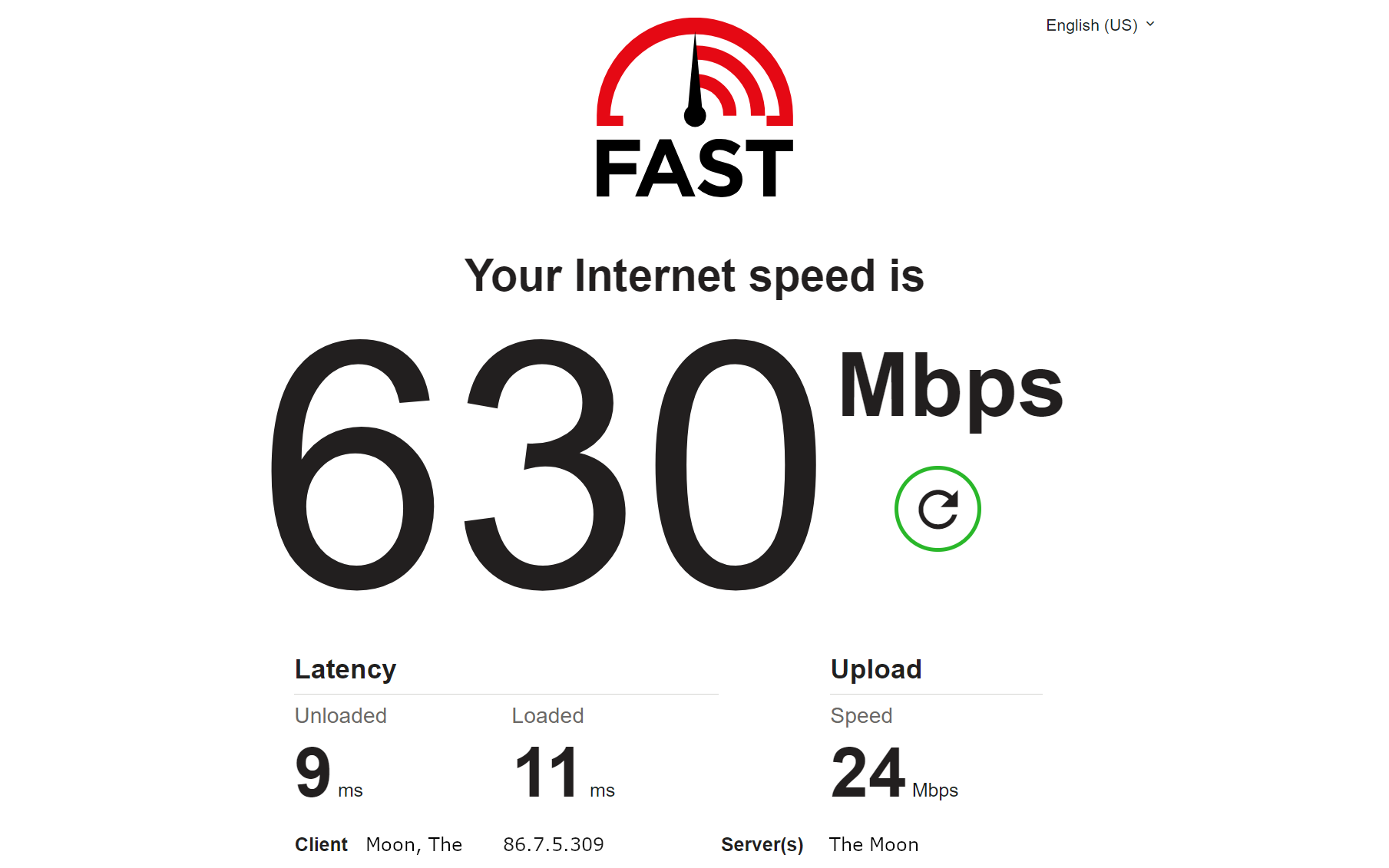
Download Speedĭownload speed refers to how quickly your connection can retrieve data from a website or server online. Some do, however, including Skype and other video chat services, online gaming, and large cloud storage applications like Dropbox and Google Drive. In short, most activities online do not require high upload speeds. This number is often not the one heavily advertised by service providers online, and this is on purpose. Upload speed refers to how quickly your connection can send something (data, in this case) from your device to the wider internet. In order to better understand your internet speed test, it is vital to know the difference between upload speed and download speed. Understanding Your Internet Speed Test Results The speeds advertised by internet providers are based on the speed you get with a device wired directly to the router using an ethernet cable. Keep in mind that using WiFi tends to reduce performance. This will often solve the issue, but not always. If you test your connection multiple times and find that you aren’t getting what you’re paying for, we recommend reaching out to your ISP for help. Running our internet speed test is the best way to determine if your provider is actually holding up their end of the bargain. Then there’s the flipside you may be paying for speeds you’re not actually getting. Based on the information above, if you find that your internet speeds are higher than needed, we’d recommend reaching out to your ISP (Internet Service Provider) and switching to a lower-cost plan. You may be paying for more speed than you actually need, and these additional fees could be costing you month after month. Pings of 100ms or below are average, while lower numbers in the 30s and below are exceptional, providing a smooth gaming experience.For one, it could potentially save you some money. This is particularly important when playing video games. Ping: Also known as latency, this is your connection’s reaction time. The lower the jitter, the better these connections will be. If your connection has a lot of jitter you may find that your video call audio quality isn’t good or your calls often drop. Jitter: Your broadband’s time delay when sending data.

Upload speeds of 3 Mbps and above are considered good, however, if you frequently video call or stream you will benefit from a higher upload speed. Upload speed: How fast your internet connection can send information (for example, sending an email or video calling).


The speed you require depends on your needs, for example, a large family with multiple devices would benefit from 400 Mbps or more. Your internet speed test result will tell you how well your internet is performing in these four key areas:ĭownload speed: The number of Mbps it takes to download data from a server (for example, images or videos).


 0 kommentar(er)
0 kommentar(er)
